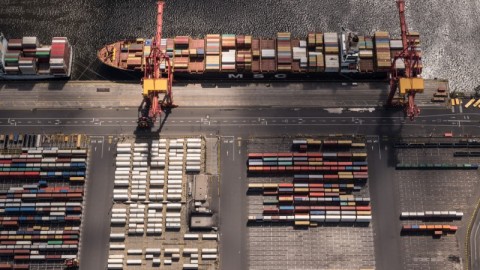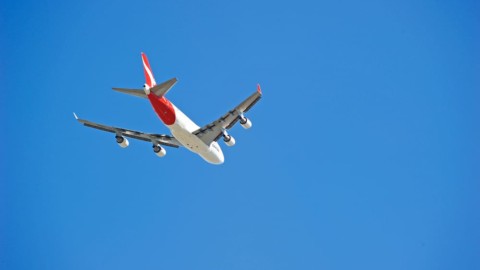Infrastructure Australia has released new data outlining potential savings of up to $15.5 billion by 2040 if Australia’s government operated bus and rail services were subject to competitive tender processes, with the money reinvested into new transport services.
The findings are published in the latest paper in Infrastructure Australia’s Reform Series, Improving Public Transport: Customer Focused Franchising.
The paper recommends that state and territory governments pursue customer focused franchising, where the operation of government-owned bus and rail services are subject to a competitive tender process and the contract is awarded to the best operator.
Under this approach, any savings generated by franchising would be re-invested back into the public transport network.
“Experience both here and abroad shows that public transport franchising can deliver better services for commuters and significant savings for taxpayers. Re-investing these savings back into our public transport networks will help deliver the infrastructure Australia needs to meet our future growth challenges,” Infrastructure Australia Chief Executive Philip Davies said.
“Modelling conducted by PwC for Infrastructure Australia found that franchising public transport services traditionally operated by state, territory and some local governments around the country could deliver up to $15.5 billion in taxpayer savings by 2040 – money which could be re-invested back into the network to deliver more and better services.
“Franchised public transport is delivered in a tightly-regulated environment with clear performance targets, and contracts are regularly reviewed to ensure competition delivers the best result for the commuters and taxpayers.
“Governments would still own the infrastructure and have responsibility for important decisions such as network planning, investment in new infrastructure, fare prices and timetabling. They would also be able to hold private operators to account with clear performance targets and penalties for poor service.
“The billions of taxpayers’ dollars this could save should then be reinvested back into the public transport system to deliver new trains and buses, station upgrades or additional capacity on our networks.
“Franchising has been successfully operating in Melbourne for almost 20 years, providing reliable transport at government-regulated prices. While it has not been without its challenges, franchising Melbourne’s tram and heavy rail services has delivered better services for commuters.
“Customer satisfaction with Melbourne’s tram and train services is at a 15-year high. Performance targets for private operators have driven clear improvements in punctuality with, for example, on-time running for Melbourne Metro improving by 7.1 percentage points since 2009.
“Customer Focused Franchising would allow state and territory governments to invest more money in delivering public transport and enable all Australians to benefit from world class infrastructure.
“There is an important role for the Australian Government to play in encouraging the states and territories to embark upon public transport reform under the Customer Focused Franchising model.
“Introducing franchising is a complex process. Getting it right is contingent on the structure and delivery of each contract. It’s important for governments learn from past experience and ensure contracts are appropriate for the context.
“Australia is in a unique position to learn from past experiences and deliver successful reform. The pathway to reform is challenging but the reward is better public transport for all Australians,” Mr Davies said.















